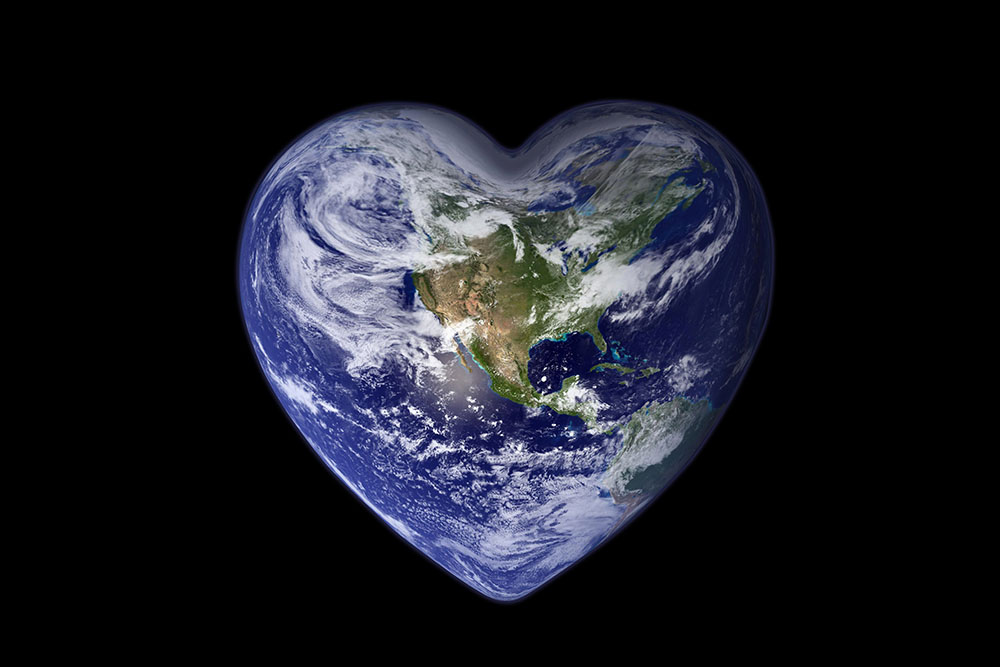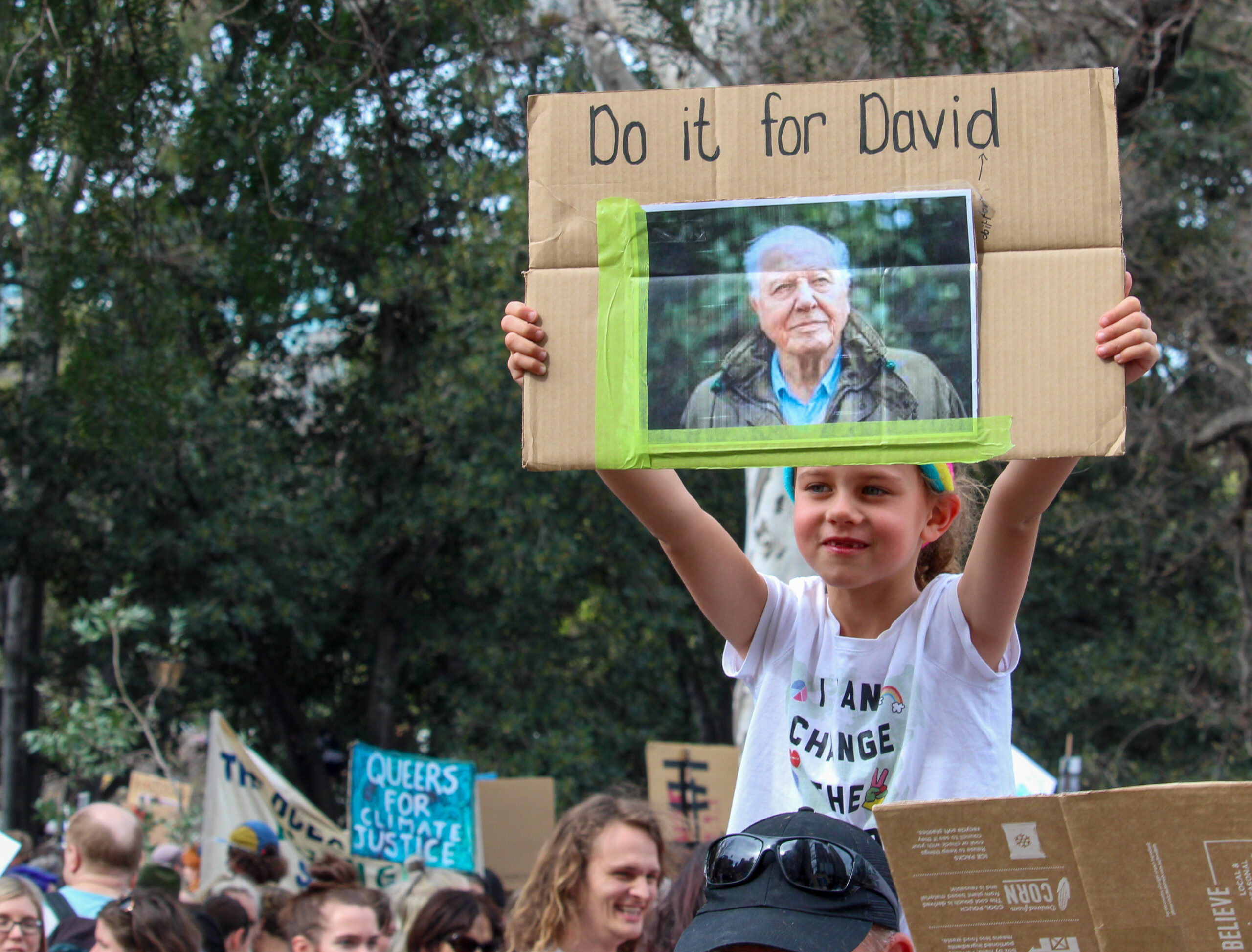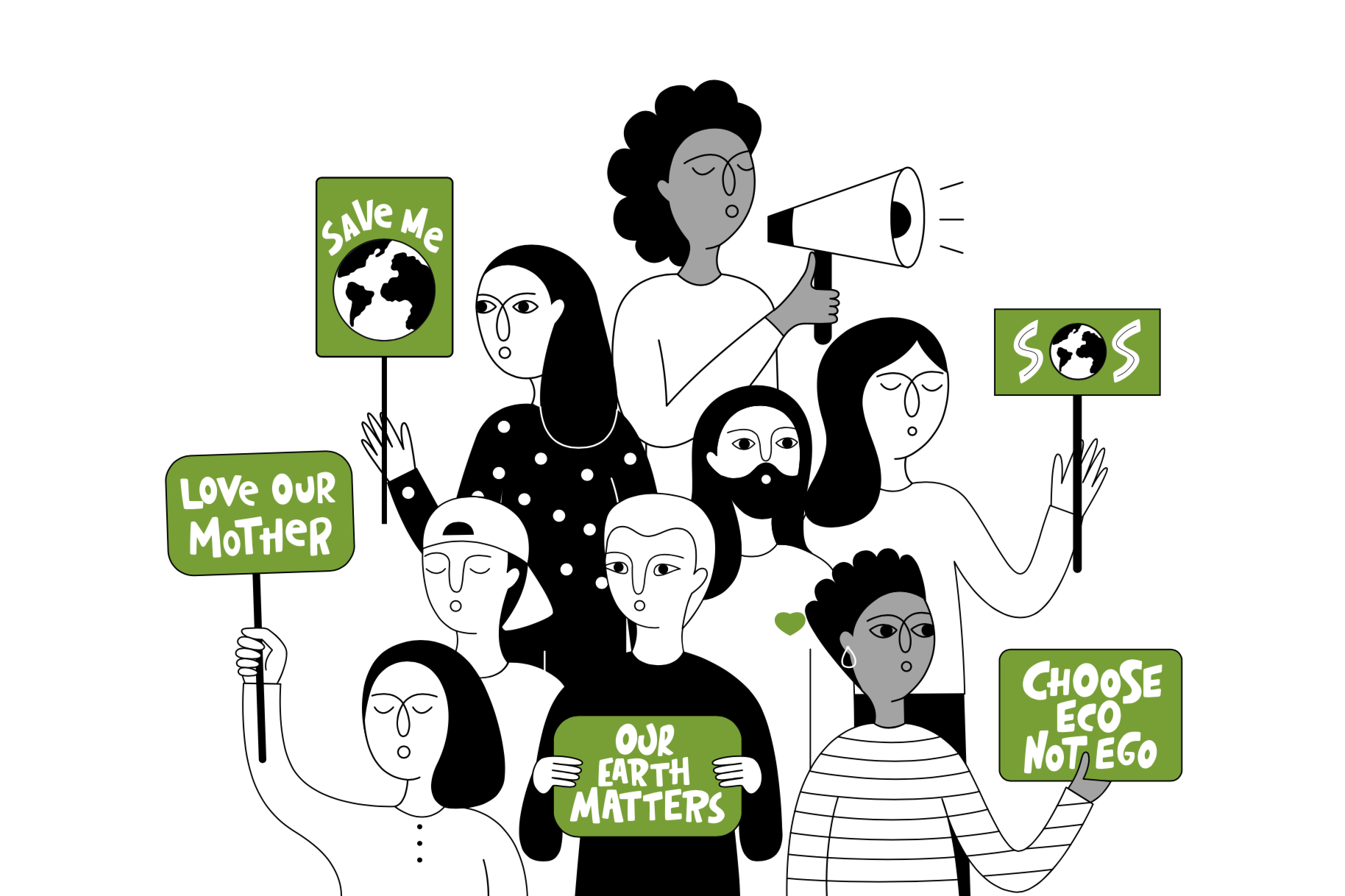Code red for humanity
26 Aug 21
How can global businesses change behaviours and tackle climate change?
With the latest report from The Intergovernmental Panel on Climate Change released, it’s clear that we still have a chance to limit global temperature rise to 1.5°C – but only if we act now.
In recent months alone, we’ve seen extreme weather across the world; flooding in Germany and China, hurricanes in Haiti, wildfires in Greece and Turkey, not to mention soaring temperatures in the USA and Canada to record highs of 49°C. The truth is staring us in the face: Climate change is here.
The IPCC states that the past five years have been the hottest on record since 1850 while the recent rate of sea-level rise has nearly tripled compared with 1901-1971. “It is unequivocal,” writes the authors of the report, “that human influence has warmed the atmosphere, oceans, and land”. In short, we’ve created our code red for humanity.

What stops us?
So, why hasn’t there been large-scale demonstrable action to tackle climate change?
Truth is, there’s many complex reasons why – a lot of which are specific to global cultures, politics and finances – but if you peel them all back, it’s mainly down to our mindsets, attitudes and behaviours, which can be summed up by five interconnecting reasons:
Distance: We see climate change as something far away, not here, not now, making us feel helpless.
Doom: Climate change is often framed as a disaster, making us fearful, avoidant and desensitised.
Dissonance: Climate change makes us feel uncomfortable and hypocritical, so we justify our inaction not to feel so bad.
Denial: Climate change forces us into a state of denial; we ignore or ridicule it, as do those around us out of fear and guilt.
Identity: Climate change forces us to choose between the facts and science and ourselves. Identity trumps truth every time.
This was summed up perfectly by Sir David Attenborough while promoting Netflix’s A Life on Our Planet last year: “Saving our planet is now a communications challenge,” he said. “We know what to do; we just need the will.”
The steps to transformational change
Despite these barriers to change, global governments and businesses are building the foundations of fundamental climate action, prompted by the transformative effect of the COVID-19 pandemic, changing eco-consumer behaviours, and the upcoming UN Climate Change Conference (COP26) in November.
Ultimately, the next nine years will define the future for generations to come. For those who have committed to net-zero goals by 2050, or even sooner, consider the following actions to make a difference.

Make your strategy memorable and actionable
- Provide clear, measurable milestones that map to your strategy to gain the trust of your board, investors, colleagues and peers. Be ready to adjust them in line with new scientific data, insight, and scenarios.
- Create strategic opportunities for individual and collective responsible climate choices at work. Make these actions convenient yet effective, making them more likely to be completed, such as recycling, energy conservation, corporate travel.
- Make your climate impact clear as you progress; shout about the business context and achievements to inform and inspire your colleagues, family, friends and peers.
Communicate with inspiration and intent
- Make climate change resonate, personal, and urgent in all business forums; talk about it openly and transparently.
- Reframe climate change in line with human values in all business communications – if it’s good for us and our beliefs, then it’s good for the planet.
- Shine a light on those making a positive difference in your business and outside of it, while also celebrating the actions of your colleagues, industry peers, global markets and younger activists in real time.
Collaborate with determination and integrity
- Consider all those networking events and communications that you’ve had and use them to your mutual advantage to collaborate on innovative solutions that could align with both of your strategies.
- Ask the tough questions of your partners and agencies. Encourage them to do as much as they can, viably, to reduce their climate impact. If you can help them to evolve their work or vice versa, then take the opportunity.
In the race against climate change, hope needs to determine what we do more than fear. Every fraction of a degree counts. We must all throw ourselves into this race with the shared goal of winning it. There is no time to delay, no room for excuses. Let’s choose to act. Now.
We help drive changes in behaviour around important issues such as this; everything from underage drinking to understanding how design thinking can solve real-world problems. Get in touch with Emma, our business development manager, to see how we can do the same for your company, your people.
Written by:
Lou Whitfield, senior creative strategist at Tilt.
Edited and curated by:
Sophie Robehmed, creative producer at Tilt.


SHARE: